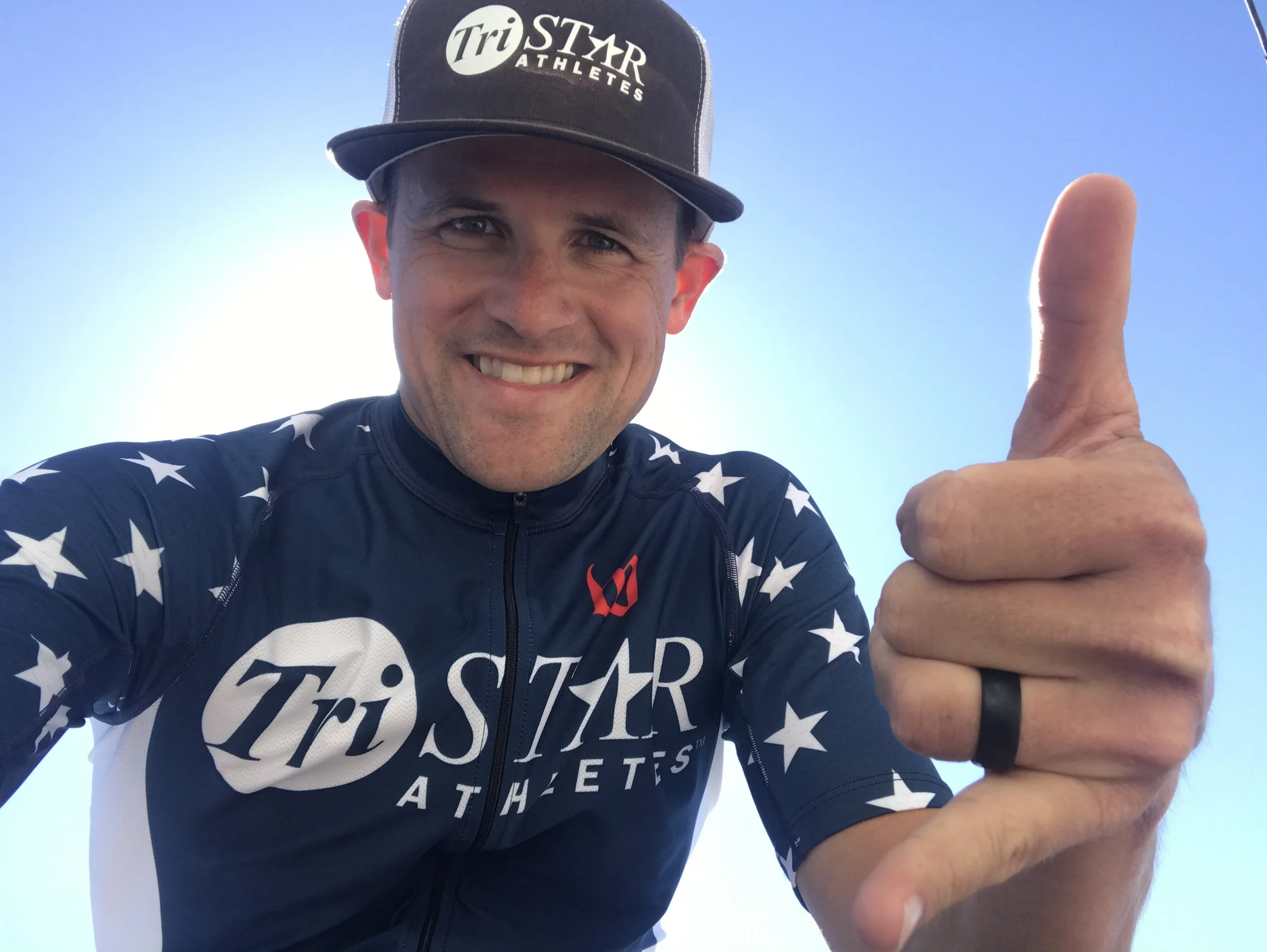The dreaded word is “overtraining” and as nasty as it sounds, its extremely rare to find yourself in an actual overtrained state. In this debrief, our coaches discuss what overtraining is, how to make sure you don’t land there and what to do when you are on the edge.
The following are key points for you to keep in mind when you are training as to whether or not you are in a state of overtraining.
Key signs and symptoms
Overtraining is a very chronic deep fatigue level that cannot be shaken off by one rest day and at times even multiple rest days.
There is an inability to raise heart rate into zone three for very hard efforts or even zone two may be a sign you are on edge. (Extreme instances even zone 1!)
For athletes preparing for ultra events such as Ironman and Ultraman they may get to this state due to the high levels of training that are needed. One of the hallmarks of success for these sports is the ability to produce on fatigue which can confuse the issue. (Meaning to get strong you must learn to train on fatigue though this can be the very signs of overtraining.)
Motivation; If even the thought of a workout seems unappealing and or your are dreading a session this may be a sign you are heading towards overtraining.
You cannot get out of the bed; Being very tired in the morning and you feel a heavy “weight” when rising that doesn't seem to go away.
Athletes may find they are “short tempered” and agitated outside of their training.
Female athletes may find they are missing they cycles (More)
Binge eating especially of carbohydrates can be a sign you are training too hard but may not necessarily be a sign you are “overtraining”.
Fatigue and training stress balance
Use cases and causes of overtraining
Binge training or going off the reservation where you "do your own thing”. By doing this you accelerate the ramp rate within your training plan that your coach has set for you and greatly increase the training load over multiple days within a week. (Learn more about doing your own thing and what to do here
Going extra long on a ride or run to train with a training partner.
The training distance, TSS or time was extended nearly double what you had done for your longest swim, bike or run.
What you can do
Take a full stop rest day and if this does not work take two in a row. Normally, this alone will reset the body and coupled with a good nights rest + solid / healthy meals you will be back on track.
Try not to train long and hard at the same time and especially so when your CTL is lower or you are well outside of your “A” priority events. ( This is usually early in the season is when this happens. Athletes want to go longer and harder their total fitness level is not high enough to support such training.)
Try not to get there in the first place; ask your coach to go deeper or train more and in what way. Often times we will “agree” to this type of training mode provided there is a lead in and exit strategy.








